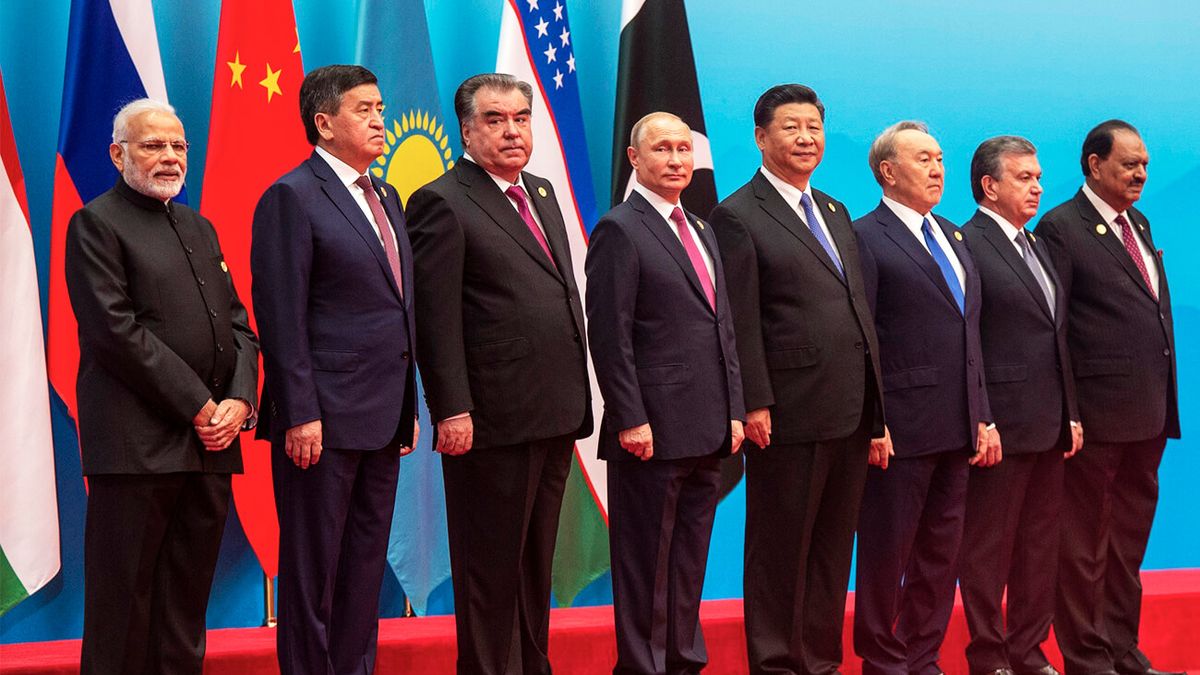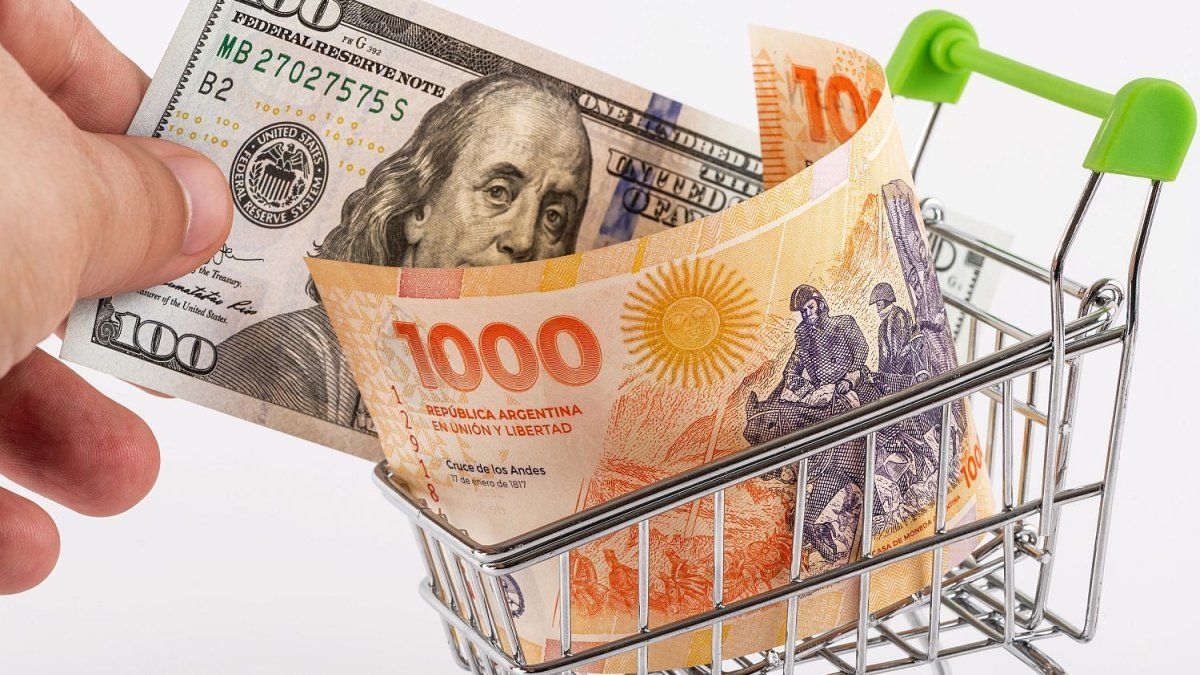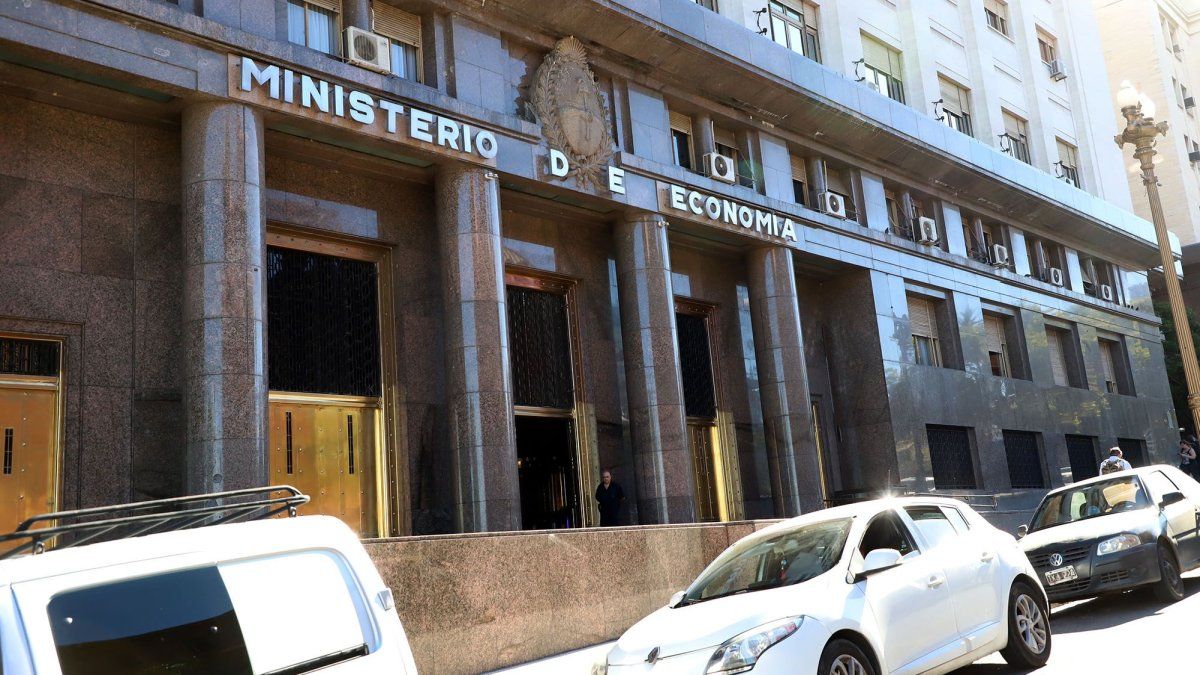At the meeting, the Chinese leader refrained from condemning the Russian operation against Ukraine or calling it an “invasion”, in line with the Kremlin. For his part, Putin explicitly backed China in relation to Taiwan: “We intend to firmly adhere to the ‘one China’ principle.”
In addition, while the Russian president condemns “the provocations of the United States and its satellites in the Taiwan Strait”, Beijing maintains that it is against the sanctions against Moscow for “having no basis in international law” and “not solving the underlying problems”, despite the fact that Putin maintained that he will use all means – including nuclear ones – to defend the “territorial integrity of Russia”. There are those who doubt an alliance, even if it is tacit. But the gestures and speeches say a lot And although each State has its own interests, it is clear on which side of the new iron curtain they will remain.
Under the described scenario, to combat the clear western enemy and while Europe tries to move away from Russian oil and gas, Putin will continue to push links like Asia, such as the recent agreement to build an oil pipeline to China through Mongolia. History has already shown it: economic consolidation is the basis for the solidification of any political alliance.
In this sense, it is interesting that both China and Russia seek to repeat that classic liberalism between States (but not at the intra-state level) that the former Soviet Union promoted with its satellite countries, or the Asian giant itself after its formal entry to the WTO in 2001. “Our policy is devoid of any selfishness. We hope that the other participants in economic cooperation will build their policies on these same principles, without using protectionism, illegal sanctions and economic selfishness for their own ends.” “Putin said.
And from there, from fraternal diplomacy, the Eastern allies are one step away from military aid. Not for nothing at the beginning of the month Russian and Chinese ships carried out a joint patrol in the Pacific Ocean to “strengthen their maritime cooperation.” Even more so after recent statements by the President of the United States, Joe Biden, in which he stated that the United States is willing to intervene militarily in Taiwan. “This is a serious violation of the American commitment not to support its independence,” said Mao Ning, a spokesman for the Chinese Foreign Ministry.
Given this chaotic context, it is not surprising that Beijing reinforces its warmongering conception. For example, after the recent meeting of the leaders of Kazakhstan and China, Xi proposed to the Central Asian republic to strengthen cooperation in the military and security field in view of the ‘difficult international situation, defending common security in the fight against drug trafficking and international organized crime’, as well as against the three “plagues” – a term used by Beijing to refer to terrorism, separatism and religious extremism -. It is that these moments of escalation of tensions are more than useful to ‘put all the cats in the same bag’. It is not for nothing that the Chinese government has already used this formula to justify the repression of the Uyghur Muslim population in Xinjiang, a Chinese region bordering Kazakhstan.
Of course, in this ‘breadth’ of the search for ‘eastern’ alliances that would make it possible to circumvent western sanctions, Putin met with Iranian President Ebrahim Raisi, with whom he discussed the early signing of a major cooperation agreement taking advantage of the drastic increase in trade in recent years. He also did it with the Indian Prime Minister Narendra Modi -India has become the second largest buyer of Russian oil, after China-, and with the Turkish president Recep Tayyip Erdoganwith whom he discussed compliance with the grain and fertilizer export agreement from Ukraine and Russia reached last July in Istanbul.
However, this context of bipolarity is not exempt from ‘fears’; is that ‘Cuban’-style sanctions are the order of the day. For example, some Turkish companies have begun to refuse payment through the Russian MIR card system, an agreement announced after the previous meeting between Putin and Erdogan for fear of being subject to secondary sanctions by the West. Of course, the mischievousness of the Shumpeterian ‘innovative businessman’ – of course with the support of the Moscow government – refloats in any geography and historical moment: Russians with a Turkish passport and through companies that are formally Turkish (in the first half of 2022 they were founded 601 companies with Russian capital in Turkey), are free to trade both with the member countries of the European Community Club and with Moscow.
To this must be added the ‘Chinese swap’ system – an agreement is ready for entry into force that will allow Turkey to pay 25% of the gas it acquires from Russia in rubles, to which Erdogan had also proposed to pay in part in Turkish liras -, as well as foreign direct investment (FDI) in the Akkuyu plant, the first nuclear power plant that Turkey will have and which is being built by a Russian company with an investment of just over 9,000 million dollars. And why not, a color fact: the “Errors and omissions” section of Turkey’s balance of payments has increased to record figures (24,400 million dollars in the first seven months of the year), something that some say for what under which they are revenues in the Turkish financial system through ‘unofficial channels related to Russia’. Done the law done the snare. Above all, in times where economic intelligence and financial tricks are the order of the day.
In short, in international chess, more complex than ever, activity has been enhanced by this ‘novel bipolarity’, stemming from the cracked US unipolarity since the end of the last century – beginning with the neoliberal/financial crisis of the Asian tigers and Latin America -, where the fictitious multipolarity created became ineffective, and the search for regional agreements began to be clearly framed in basic bilateral state ties, those that have really achieved consistency and (some) positive results.
Given this minimalist context, there is an urgent need to generate an endogenous strength, of the belief in institutions that work, free from the vices of corruption and ineffectiveness. On the current board, state individualism is the currency in a pragmatic game, where all countries seek to take advantage of every niche, every opportunity to achieve a timely alliance.
It is that while the tensions escalate and the interrelationships can be decisive in a potential new global positioning, a false step can be dangerous. Even more so in a country like ours, where it is still not clear that our ‘third position’ in foreign policy has ever brought us real benefits. Own faults or third parties? Both? The answer is debatable. Now, the only truth is reality. And so far, at least in terms of our historical global positioning, the trend dynamics have been far from favorable.
Economist and Doctor in International Relations. Twitter: @KornblumPablo
Source: Ambito




